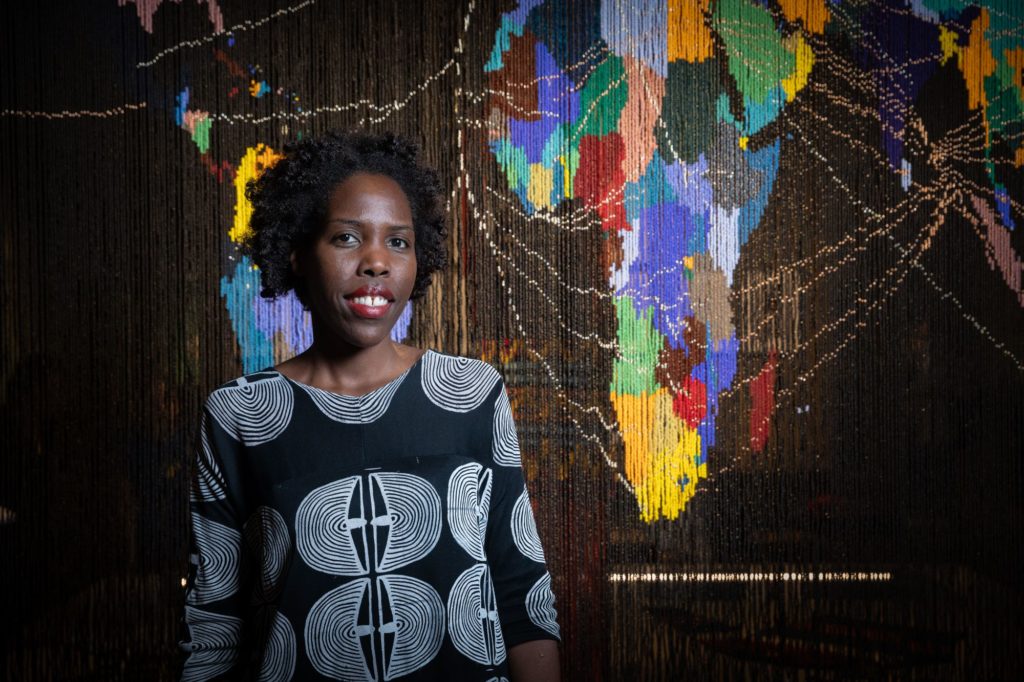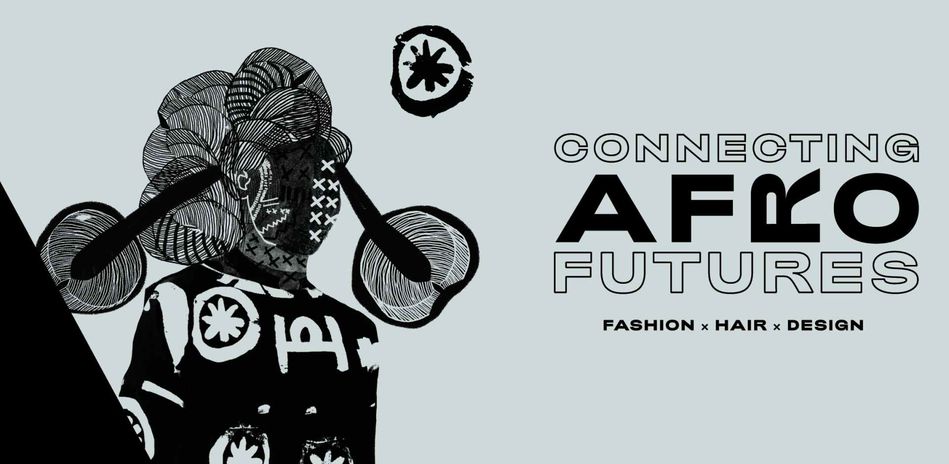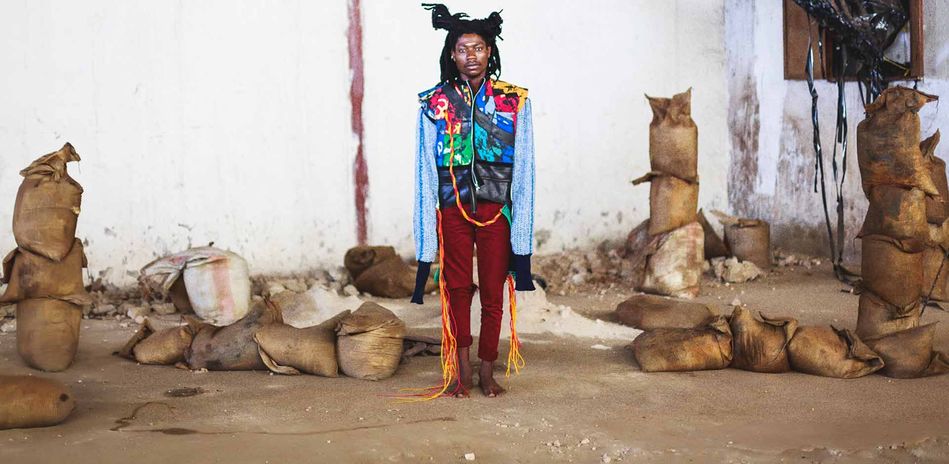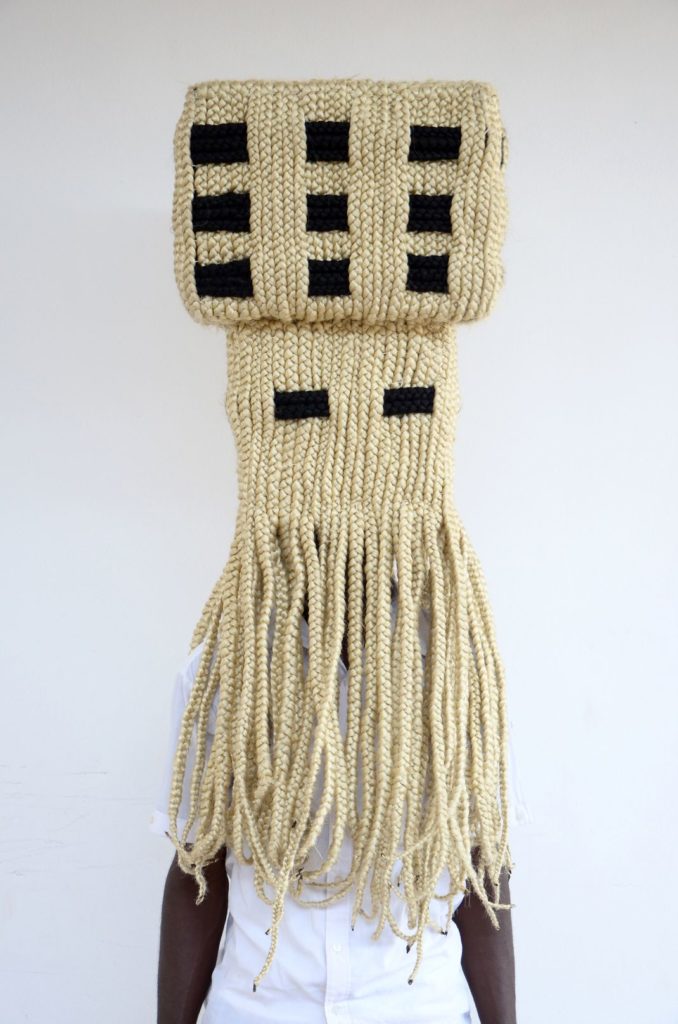“Decolonising fashion” can reproduce inequality – a compelling reflection by Beatrace Angut Oola

Cornelia Lund*’s interview with Beatrace Angut Oola has just appeared in the journal Fashion Theory. Oola, who is based in Hamburg, has created and curated important Afrocentric fashion and beauty projects launched in Germany in recent years.

In 2012, Oola founded the media brand Fashion Africa Now (formerly Africa Fashion Day Berlin), a digital platform and networking site that showcases and connects talents from Africa and the diaspora.
At the heart of her practice is the belief that high fashion is – and has always been – profoundly influenced by African aesthetics, even more so in the present, thanks to high-speed digital communication. By promoting the work of African and Afro-diasporic creatives, Oola champions equality and inclusivity, while giving visibility to a global Afrocentric aesthetic emerging out of trans-continental networks of exchange. She talked about it in a conversation that was livestreamed on Lagos Fashion Week’s YouTube channel and is still available at this link.


Oola also developed with Lund the concept and curation of the exhibition Connecting Afro Futures. Fashion x Hair x Design that was held at Berlin’s Kunstgewerbemuseum in 2019. The initiative displayed installations by artists and designers from Dakar, Kampala and Benin and aimed at instigating “cultural and political engagement with a decidedly decolonial self-image”.

However, Oola is uncomfortable with how decolonisation is being applied to fashion. In the interview, she offers a compelling reflection on its meaning and how it reflects a self-referential Western perspective that doesn’t serve the needs of African creatives. She declares:
“I do not share the terminology and ideology of decolonization, because it is an action of the colonized and a replacement process. The colonized agree on the fact that they are now being decolonized by their colonizers. The process is an internal one; a movement has led to a break-up and thus deconstruction, which is essential for shaping the past, present and future.”
The activist/consultant speaks about her experience working with a white institution and team at the Kunstgewerbemuseum, preparing Connecting Afro Futures. There, she claims to have experienced “emotional exploitation”, as the museum appropriated her project without acknowledging her contribution. She takes this as an example of a “failed” decolonial practice that prompted no reflection, on the museum’s part, concerning its internal workings and no structural changes that would prevent it from reproducing, in the future, a system of black exploitation.

To counter this inability to engage in and produce fair intercultural dialogue, Oola works – and invites others to work – on transforming the structures of meaning that allow the Western perspective on fashion to be regarded as the norm in the field. “[A]lthough I think the African fashion movement has imposed itself esthetically, Western media still define it by interpreting and documenting it from their perspective. This needs to be counteracted by perceiving Afrocentric voices as equal. For these reasons it is better to speak of deconstructing than of decolonizing fashion.”
*Cornelia Lund is an art and media theorist and curator, as well as the co-director of the media and design platform fluctuating images.
** Cover image: José Hendo’s sustainable collection “Signs of the now” (2019), on display at Connecting Afro Futures, was made using barkcloth